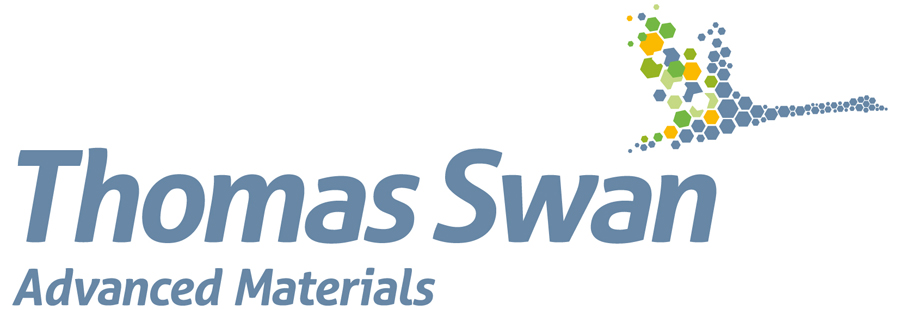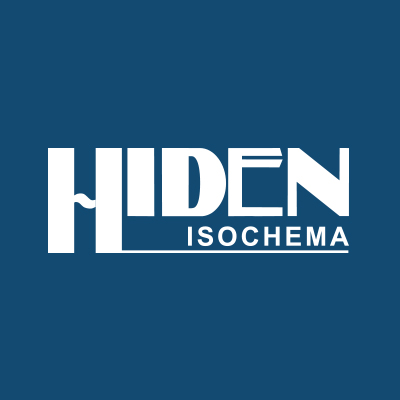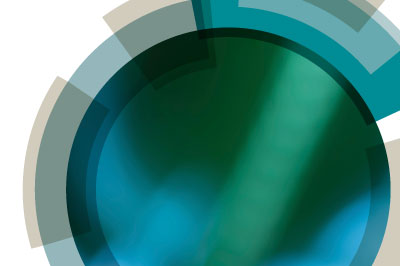Carbon nanomaterials have a unique place in nanoscience owing to their exceptional electrical, thermal, chemical and mechanical properties and have found application in areas diverse as composite materials, energy storage and conversion, sensors, drug delivery, field emission devices and nanoscale electronic components. Conjugated carbon nanomaterials cover the areas of carbon nanotubes, fullerenes and graphene. Carbon nanotubes continue to gain attention and have impacted many fields and the number of potential applications continues to grow. The chemistry of carbon nanotubes, control over electronic properties and the assembly of nanotube devices are particularly active areas. Work in fullerenes has renewed vigour with significant advances in the field of superconductivity, thin films and supramolecular assembly being made over the last few years. Graphene is perhaps the newest of the carbon nanomaterials and promises to be a very active field. Already since its 'isolation' in 2004 it has grabbed the attention of the chemistry, materials and physics communities. It promises to rival carbon nanotubes in terms of properties and potential applications with the number of publications rising from ca. 130 in 2005 to ca. 2,800 in 2010.
Carbon nanomaterials cross many disciplines and therefore makes an ideal subject for a Faraday Discussion. The audience will be diverse, given the different fields the topic impacts, and have broad experiences making for interesting and lively discussions and the airing of different perspectives. We have deliberately identified three key areas, carbon nanotubes, fullerenes and graphene which although look very different have much, often unrealised, common ground. Much of the work on carbon nanotubes has origins in fullerene research and now graphene is building on carbon nanotube work.
Faraday Discussions have a special format where research papers written by the speakers are distributed to all participants before the meeting, and most of the meeting is devoted to discussing the papers. Everyone contributes to the discussion - including presenting their own relevant research. The research papers and a record of the discussion are published in the journal Faraday Discussions
Carbon nanomaterials cross many disciplines and therefore makes an ideal subject for a Faraday Discussion. The audience will be diverse, given the different fields the topic impacts, and have broad experiences making for interesting and lively discussions and the airing of different perspectives. We have deliberately identified three key areas, carbon nanotubes, fullerenes and graphene which although look very different have much, often unrealised, common ground. Much of the work on carbon nanotubes has origins in fullerene research and now graphene is building on carbon nanotube work.
Aims
This meeting aims to provide an opportunity for researchers from different backgrounds and disciplines, such as chemists, material scientists and physicists, to interact.Format
The Faraday Division have been organising high impact Faraday Discussions in rapidly developing areas of physical chemistry and its interfaces with other scientific disciplines for over 100 years.Faraday Discussions have a special format where research papers written by the speakers are distributed to all participants before the meeting, and most of the meeting is devoted to discussing the papers. Everyone contributes to the discussion - including presenting their own relevant research. The research papers and a record of the discussion are published in the journal Faraday Discussions
Themes
- Optoelectronics and spectroscopy, electronic properties
- Functional materials and theory
- Applications, composites, nanoelectronic devices
- Functionalisation, separation, solvation and assembly














